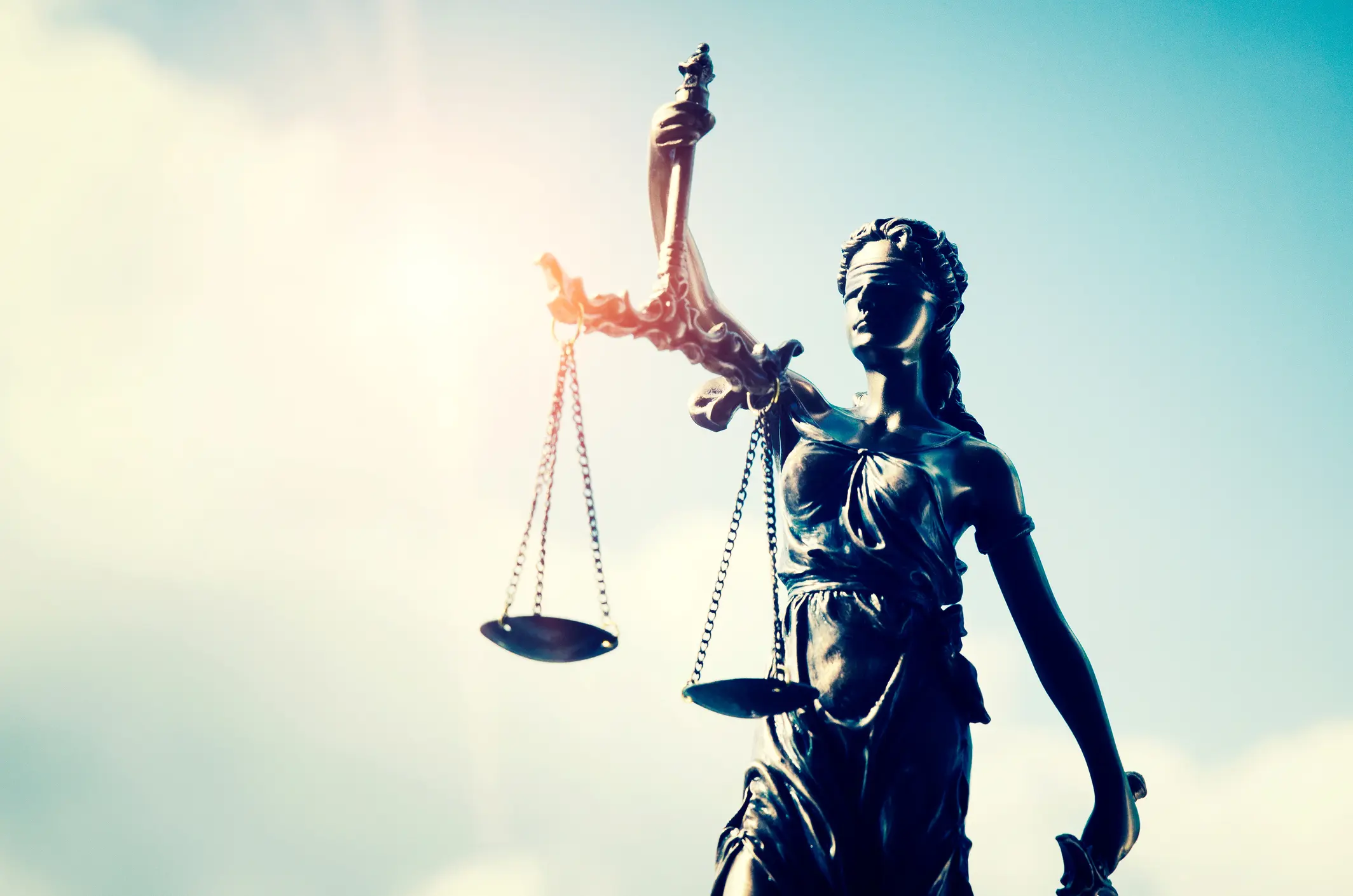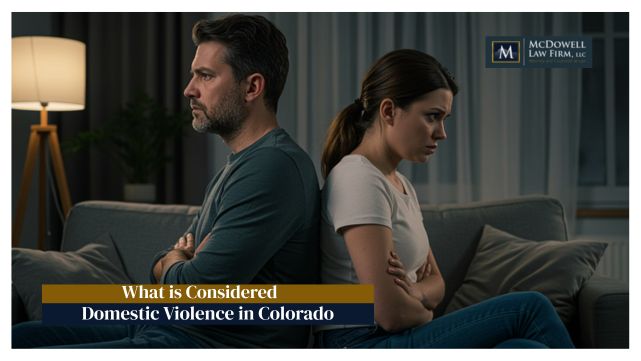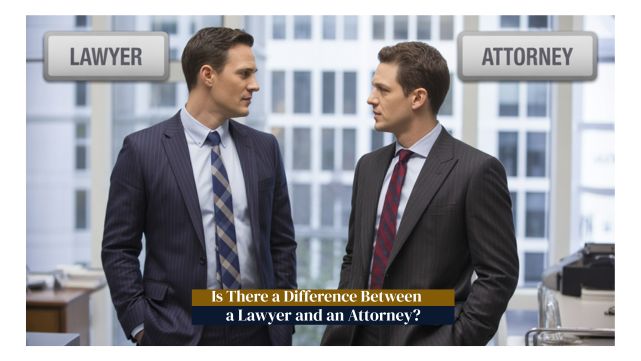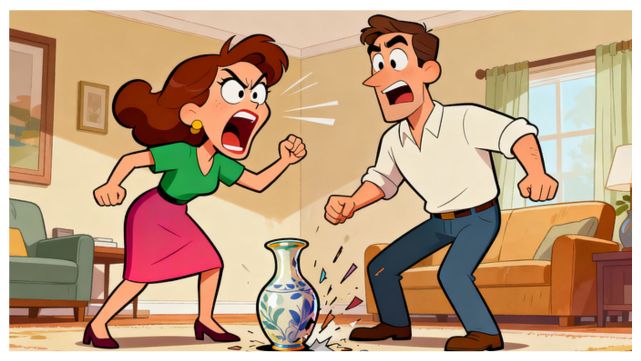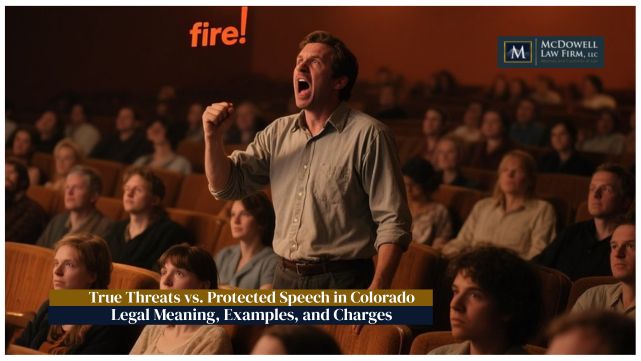A traffic stop can be a stressful experience, especially if you’ve had a couple of drinks. Saying “I only had two beers,” can make matters much worse. Knowing what not to say and how to act during police interactions is key to protecting your rights. In this guide, we will go over the top tips and examples to help you navigate traffic stops with confidence, avoid common mistakes and understand why you need skilled legal representation.
I’ve read thousands of DUI case reports in the 20+ years I’ve been handling criminal law matters. First as a Deputy District Attorney, and then as a criminal defense attorney. When I read the discovery on a new case now, I typically find myself thinking that I wish my client would stop talking. However, when I was a prosecutor watching video evidence, I thought, “please keep talking.” Truth is, the more you talk, the more evidence you are providing for you inevitable prosecution. Twenty years ago, body cams and other recording devices were much less common than they are today in Colorado. Sure, they existed, and many DUI cases would have dashcam footage available. My clients (and my kids) are probably tired of hearing me warn about the fact that almost everywhere we go nowadays, we are being recorded. In this post, I’m going to cover some basic tips if you ever find yourself in the unenviable position of being pulled over for suspicion of a DUI.
The first piece of advice is: Drink responsibly. Have a DD or get an Uber. $30-40 to get home is a lot cheaper and less painful than dealing with a DUI. It is a truism that when intoxicated, people don’t always make the best decisions. Have a solid plan before you go out and stick to it.
Number two, and I can’t stress this enough. Stop talking. Don’t talk about what you drank, smoked, or where you were going. It will not help your situation.
Let’s cover some common mistakes I’ve seen my clients make over the years, and some things to avoid during a traffic stop.
Common Mistakes During Traffic Stops
I Only Had Two Beers
That is far and away the most common answer when police ask, “How much have you had to drink tonight?” One of the biggest mistakes people make during a traffic stop is to admit to drinking, even if it’s just “two beers”. When you tell the police you had any amount to drink, you’re giving them an admission that can be used against you in court. It turns the stop from a routine check to a potential DUI investigation. And “two beers” is so cliché that it raises suspicion rather than allaying it. Instead of volunteering that information, be polite but don’t give any details about your drinking. Remember, anything you say can be used as evidence so it’s important to protect your rights by saying as little as possible and get legal help ASAP.
Making Aggressive Statements
Being aggressive during a traffic stop can make things worse. Aggressive statements or behavior can escalate the situation and get you charged with resisting arrest or disorderly conduct. Stay calm and composed even if you think the stop is unfair or unjust. Statements like “Why did you pull me over?” or “I know my rights!” said in an aggressive tone can backfire. Instead be polite and ask for clarification (if needed) and comply with the officer’s lawful requests without argument. Remember the side of the road is not the place to contest the stop, that’s what the courtroom is for. By being respectful you reduce the chance of more complications and show you are willing to cooperate which can help in any future legal proceedings.
Talking Too Much to Police
Talking too much to police during a traffic stop can hurt your case. While it may seem natural to explain your situation or defend yourself, giving too much information can get you into trouble. For example, explaining your evening in detail can reveal inconsistencies or details that can be used against you. Remember the officer’s goal is to gather information that can be used to prove a violation of the law. As a side note, the more you talk, the more the officers can smell your breath. If you have a moderate or strong “odor of an unknown alcoholic beverage on your breath” it’s a lot easier for them to smell as you keep talking. This is of course another clue that you are potentially under the influence.
By talking too much you may inadvertently help them build a case against you. It’s best to keep your answers short and to the point. Answer only what’s asked and don’t volunteer extra information. If you feel pressured or unsure how to respond, it’s within your rights to politely decline to answer further questions until you talk to an attorney. This way you protect yourself from saying something that can hurt your legal position.
What to Do Instead
Stay Calm and Be Respectful
During a traffic stop, being calm and respectful is key. Being calm helps you think clearly and not say or do anything that can hurt your case. Respectful behavior can also influence how the officer handles the situation. Pull over safely and keep your hands visible on the steering wheel. When the officer approaches greet them politely and follow their instructions without argument. If asked for your documents, provide them calmly and don’t rush. If asked questions about identifying information, answer briefly and respectfully.
Don’t make any sudden movements or reach for anything without telling the officer first. By being composed and courteous you can de-escalate the situation and reduce the chance of misunderstandings or more complications. This way you protect your rights and set a good tone for the interaction.
Don’t Make Admissions
Limiting your admissions during a traffic stop is crucial to protecting your legal interests. Anything you say can be used against you in court so it’s best to avoid saying anything that can be interpreted as an admission of guilt. For example, saying you had “two beers” or explaining why you were speeding can strengthen the officer’s suspicion and give them additional evidence. Instead exercise your right to remain silent on all matters that could incriminate you. Politely tell the officer you’d rather not answer certain questions without an attorney. This doesn’t mean being uncooperative, it means being smart about what you say. Remember you don’t have to explain or justify anything during the stop. By limiting your admissions, you protect your rights and give your attorney the best possible position to defend you in any future legal proceedings.
Don’t answer questions about your night, where you were, what you had to drink etc. Remember, during a traffic stop police are in evidence collecting mode. The questions they ask are formulated to get you to make admissions. Some of the classics are listed below:
- How much have you had to drink tonight?
- Do you know why I stopped you?
- On a scale of 1-10, how intoxicated are you?
- Where are you coming from?
These questions are all formulated in a way to get you to make admissions and provide evidence against you in a later prosecution.
Know Your Rights
Knowing your rights during a traffic stop is key to protecting yourself. You have the right to remain silent and not incriminate yourself. If an officer asks questions that can lead to admissions, politely decline to answer without an attorney present. You also have the right to refuse consent to a vehicle search unless the officer has a warrant or probable cause. If you’re asked to step out of the vehicle, do so, but remember you don’t have to answer where you’re going or where you’ve been. You also have the right to ask if you’re free to leave. If the officer says yes, you can calmly and safely leave. Knowing these rights can help you navigate the situation better and not waive any legal protections by mistake. Remember, exercising your rights is not being uncooperative, it’s part of protecting yourself in any legal situation.
If you have questions about Drunk driving charges in Colorado Springs, give us a call. We offer no obligation consultations, and I’d be happy to personally answer any questions you might have about your pending case. If you want to know more about the McDowell Law Firm, read our client reviews.

